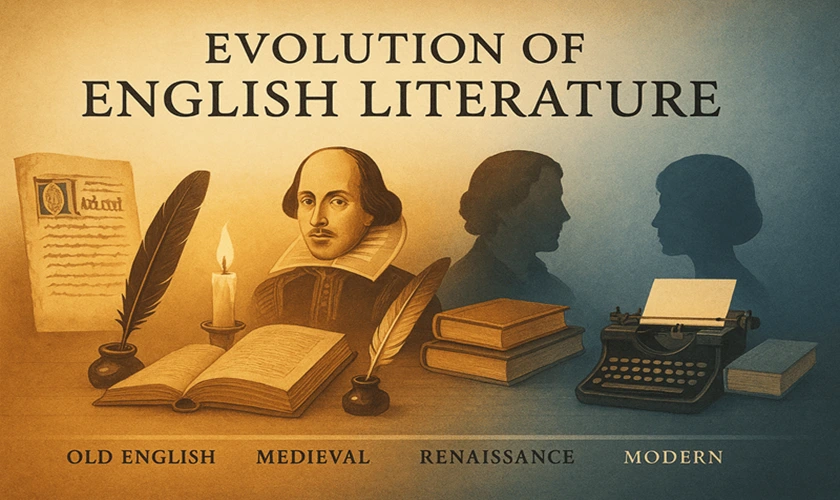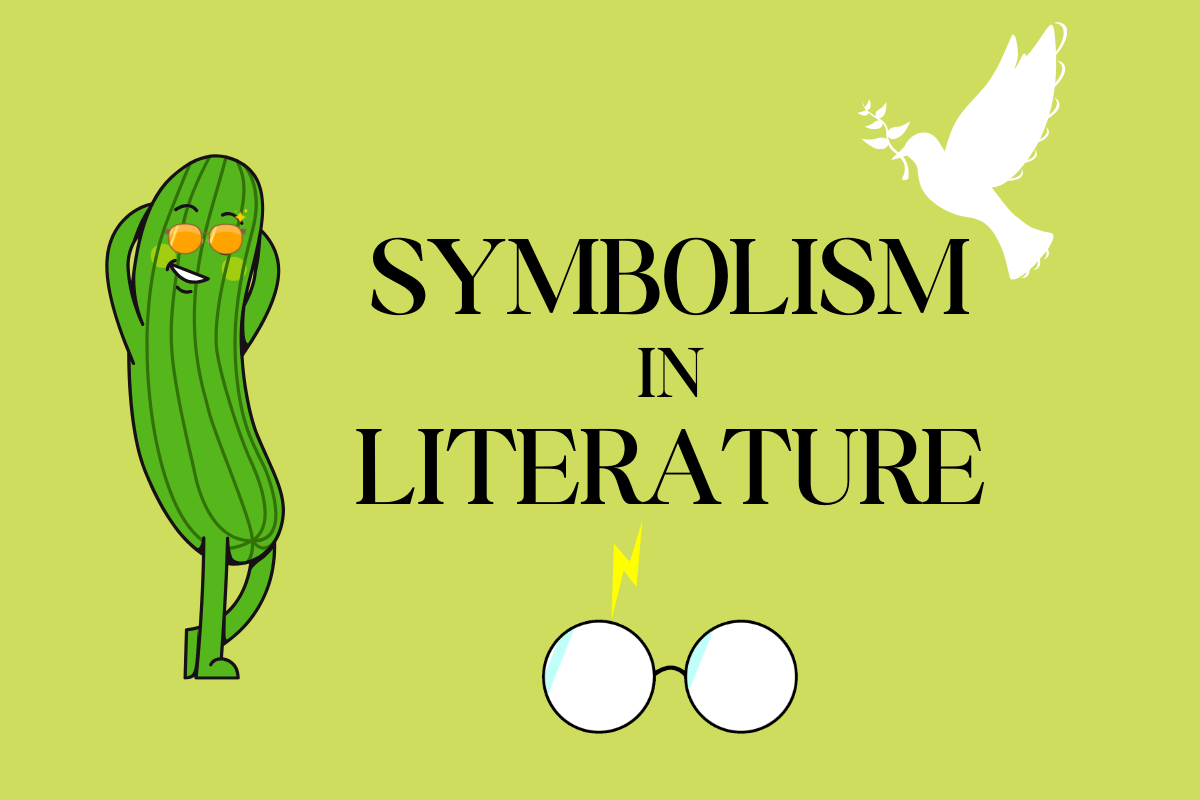Mysticism in literature has a certain allure. It evokes curiosity, spirituality, and a mystical connection to something beyond our grasp. This captivating concept has fascinated philosophers, poets, and truth-seekers throughout history.
It attracts them to explore uncharted territories and strive for profound unity with the divine. This article aims to uncover the origins of mysticism. It will also shed light on famous figures who have shaped its discussion.

Who Coined the Term Mysticism?
The term mysticism comes from the Greek word mystikos. It means an individual who is initiated into spiritual practices. But, we cannot attribute the modern understanding of mysticism to one person. Instead, mysticism has evolved slowly across many cultures and traditions for centuries.
Ancient civilizations, such as Egypt, Greece, and India, have written about mystical experiences and practices in their religious and philosophical texts.
Prominent Mysticism Writers
1. Rumi (1207-1273): He was a famous 13th-century Persian poet. He wrote beautiful works that express themes of divine love, unity, and the mystical experience. His poems include Masnavi and Divan-e Shams-e Tabrizi. They have gone beyond cultural boundaries and continue to inspire seekers across the globe.
2. Meister Eckhart (1260-1328): He was a German theologian and mystic focused on the Godhead. It is a divine presence that cannot be fully described but exists within all individuals. His teachings questioned traditional religious norms. Also, it highlighted the significance of direct communion with God.
3. Julian of Norwich (1342-1416): Julian was an English mystic renowned for her visionary experiences. She is credited with writing Revelations of Divine Love, one of the earliest known English writings by a woman. She had deep insights into God’s love and the inherent connectedness of all creation.
4. Saint John of the Cross (1542-1591): A co-authorship between Saint Teresa of Ávila and John of the Cross produced the seminal work Dark Night of the Soul. This deep text is about the soul’s changing journey. It is a journey towards uniting with God. It stresses the fundamental importance of purging and purifying one’s spirit.
5. Teresa of Ávila (1515-1582): Teresa was a Spanish mystic, writer, and reformer. She had explored the soul’s profound journey in The Interior Castle. This spiritual masterpiece outlines seven mansions. These mansions symbolize successive levels of spiritual awakening and divine communion.
6. Swami Vivekananda (1863-1902): Swami Vivekananda was an Indian Hindu monk. In 1893, he introduced Eastern mysticism to the West at the Parliament of the World’s Religions. He emphasized the universality of spiritual experience and self-realization.
Key Characteristics of Mysticism in Literature
Mysticism is different from traditional religion and philosophy. It has a set of core features and these traits define mysticism. They are unique and set them apart from conventional approaches.
1. Direct Experience: Mysticism places great emphasis on personal, direct encounters with the divine or ultimate reality. It often involves entering altered states of mind. You experience powerful visions and gain deep insights.
2. Union and Unity: Mystics often strive to unite with God. They seek to surpass their limits and to find a close connection to all of creation.
3. Supremacy of Doctrine: Sometimes, mysticism challenges established religious doctrines. It values direct experience over rigid beliefs. This approach prioritizes personal knowledge. It does this rather than relying only on dogma.
4. Beyond Language: Mystical experiences are often described as beyond ordinary language. People who have these experiences may use metaphor, symbolism, and poetry to convey their profound moments.
5. Inner Transformation: Mysticism often leads individuals towards a profound inner transformation. This journey encompasses various aspects such as shifts in consciousness, values, and perspectives. Throughout this process, seekers engage in spiritual growth and achieve self-realization.
6. Emphasis on Love and Compassion: Many mystics stress love, compassion, and selflessness. They see them as paths to a divine connection and enlightenment.
7. Integration of Dualities: Mysticism seeks to reconcile apparent dualities. It aims to unite the ideas of self and other, finite and infinite, and material and spiritual. Also, it sees their underlying unity.
In conclusion, mysticism in literature is a profound spiritual pursuit. It surpasses cultural and religious boundaries. It invites individuals to have a direct communion with the divine.
Recommended: Realism in Literature | Origin and Characteristics




